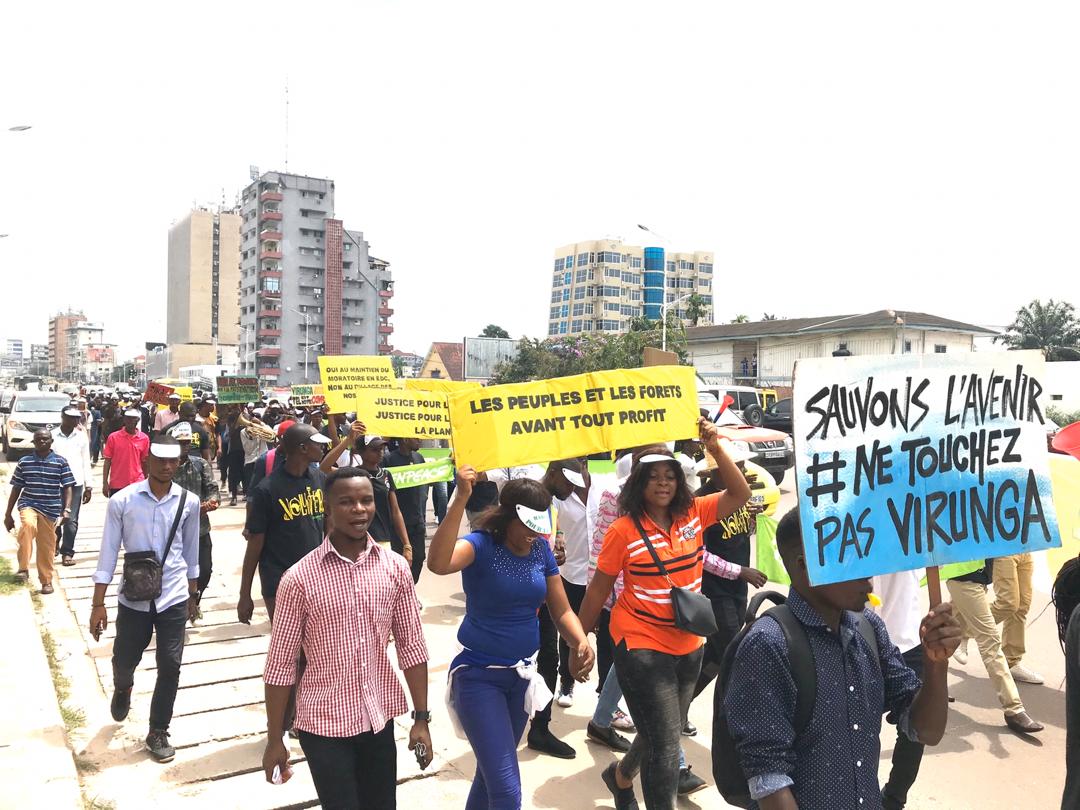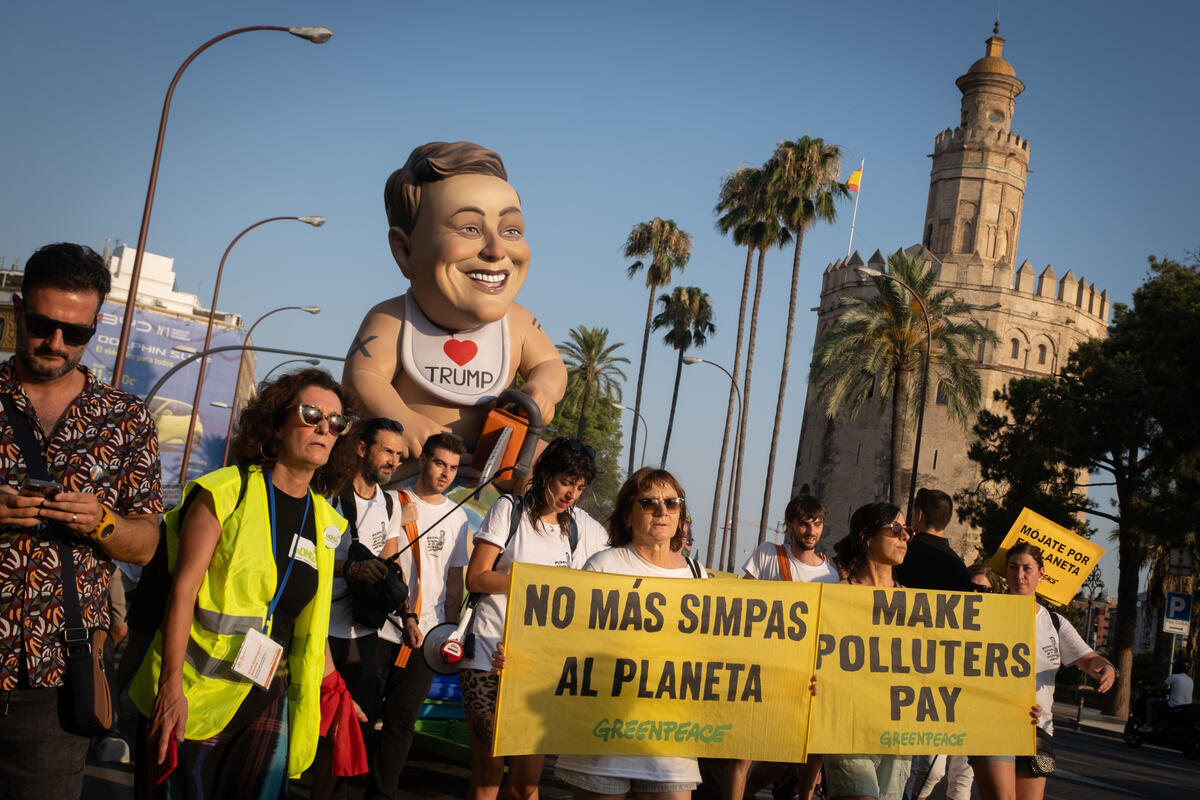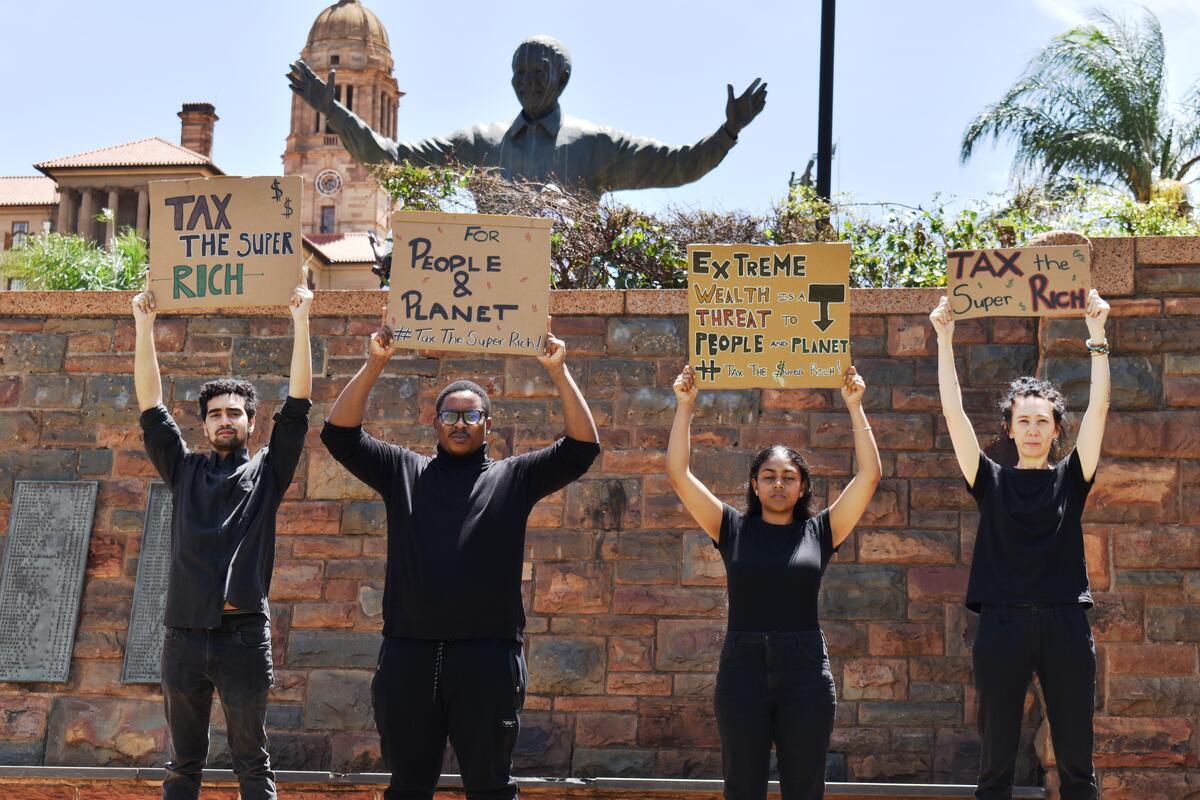Inspire The Movement
Millions of people standing up to power continue to inspire change we once thought impossible. Shifting power and minds is our common struggle.
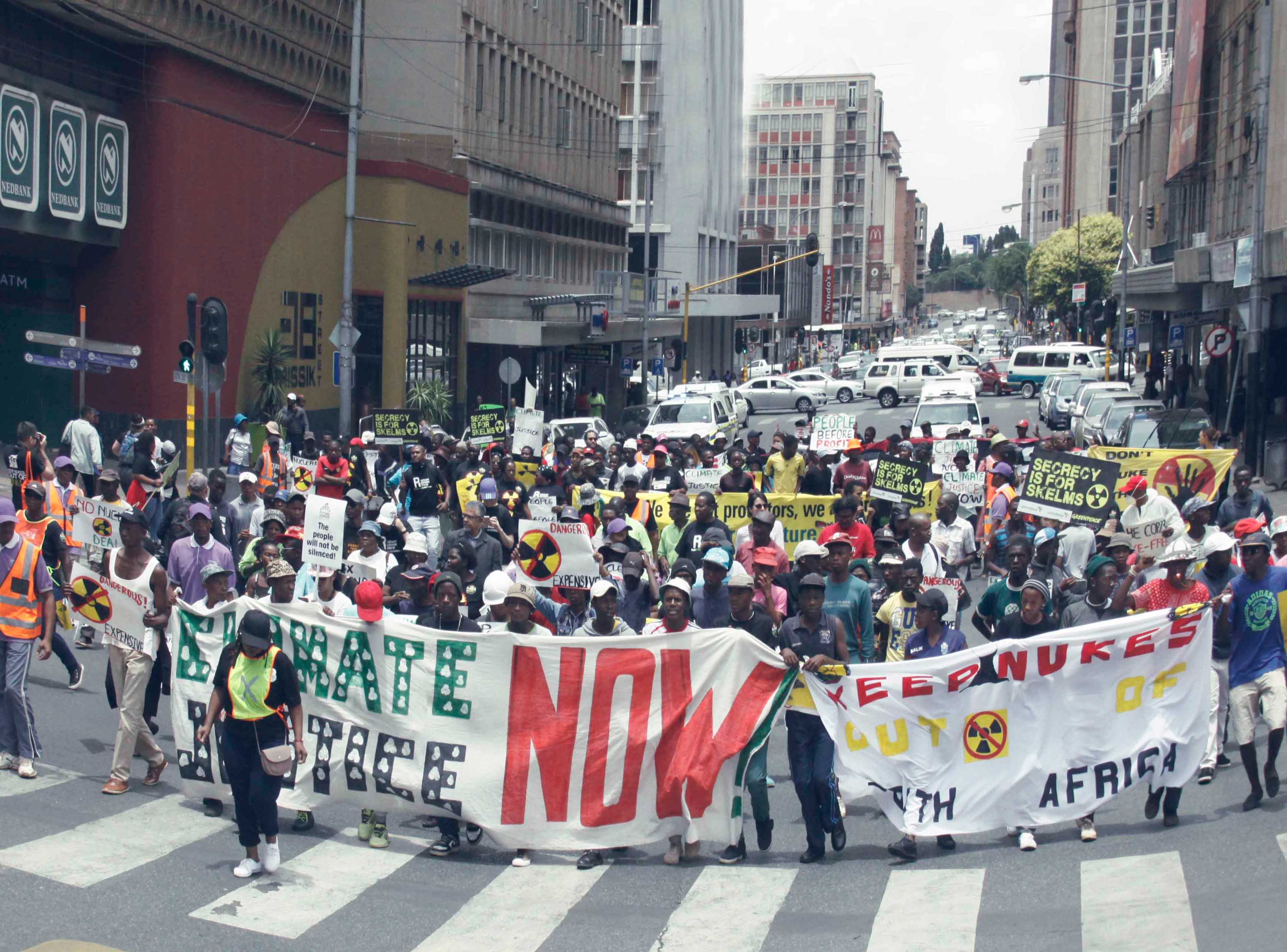
What you can do
-
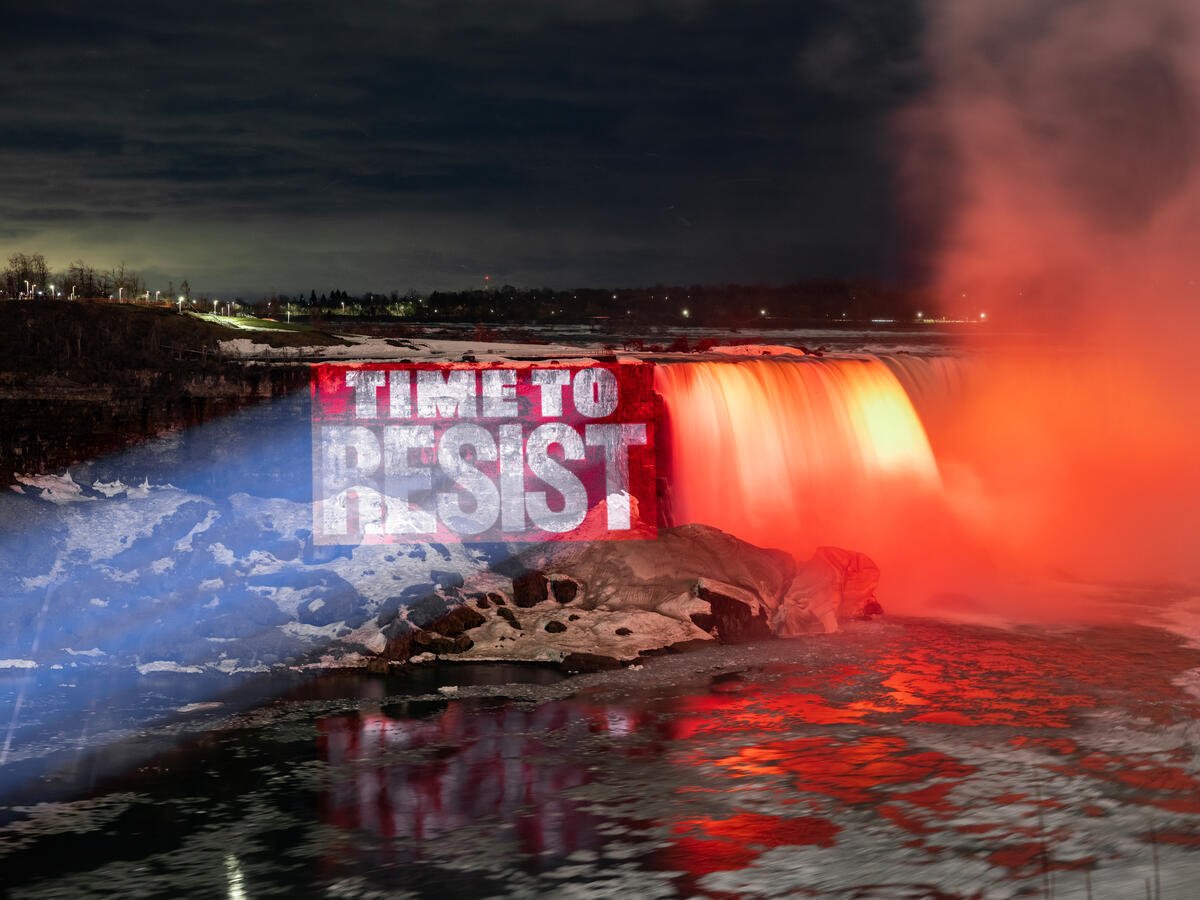
Time to Resist
Billionaires like Elon Musk were born in Africa but now use their power to infiltrate global politics, destroy the world and hurt the poorest in society.
-
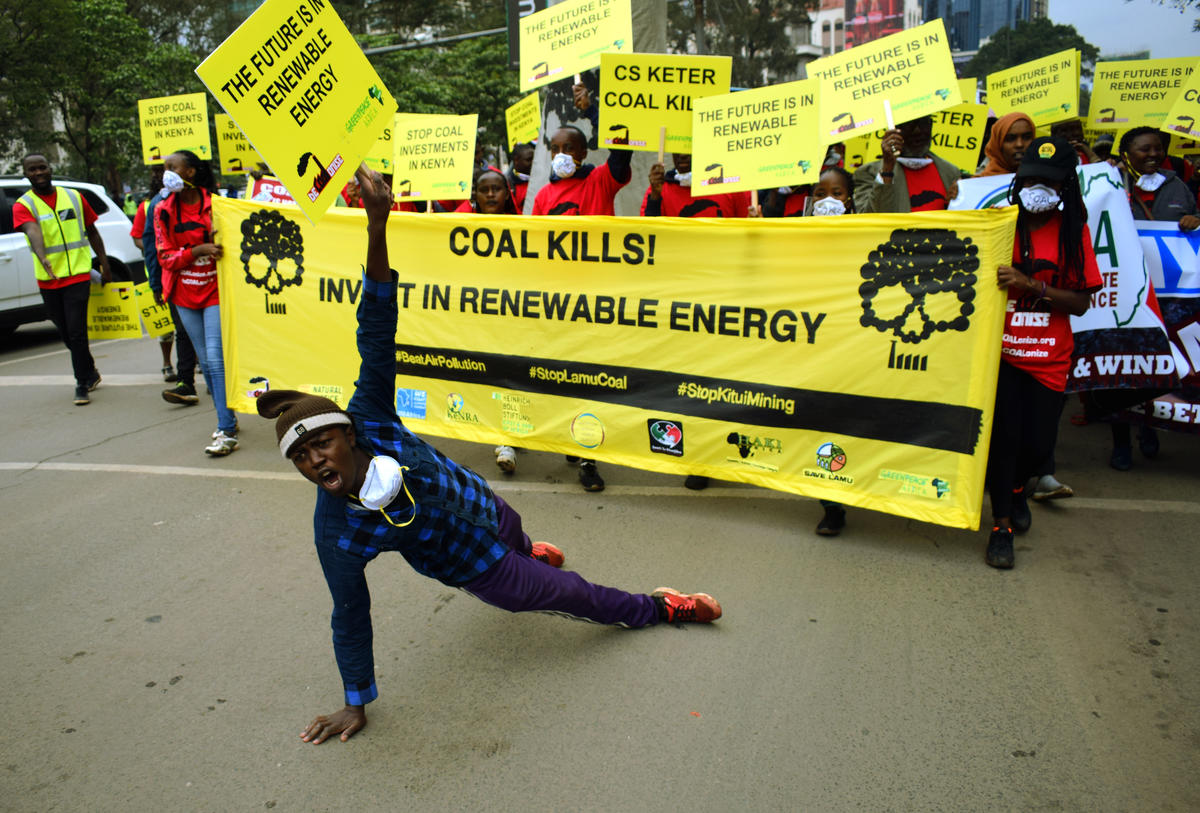
Volunteers
Be the Change You Want to See. Join the Movement!
-
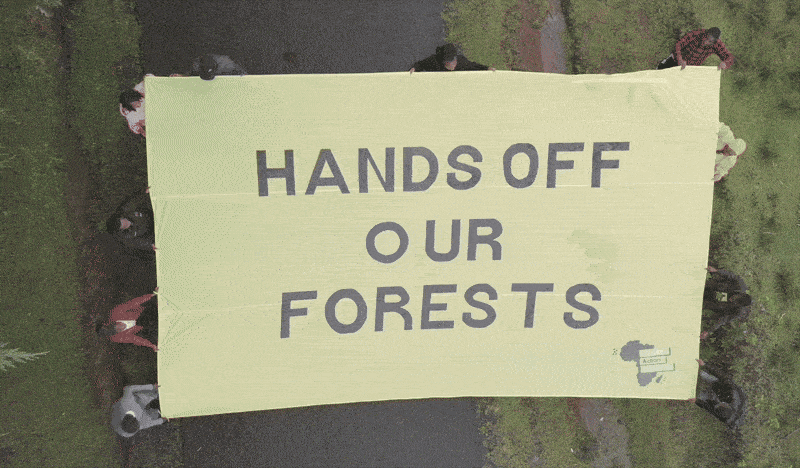
Stop the attack on Kenya’s forests now!
Iconic Kenyan forests making up almost 10 times the size of Nairobi are under threat.
-
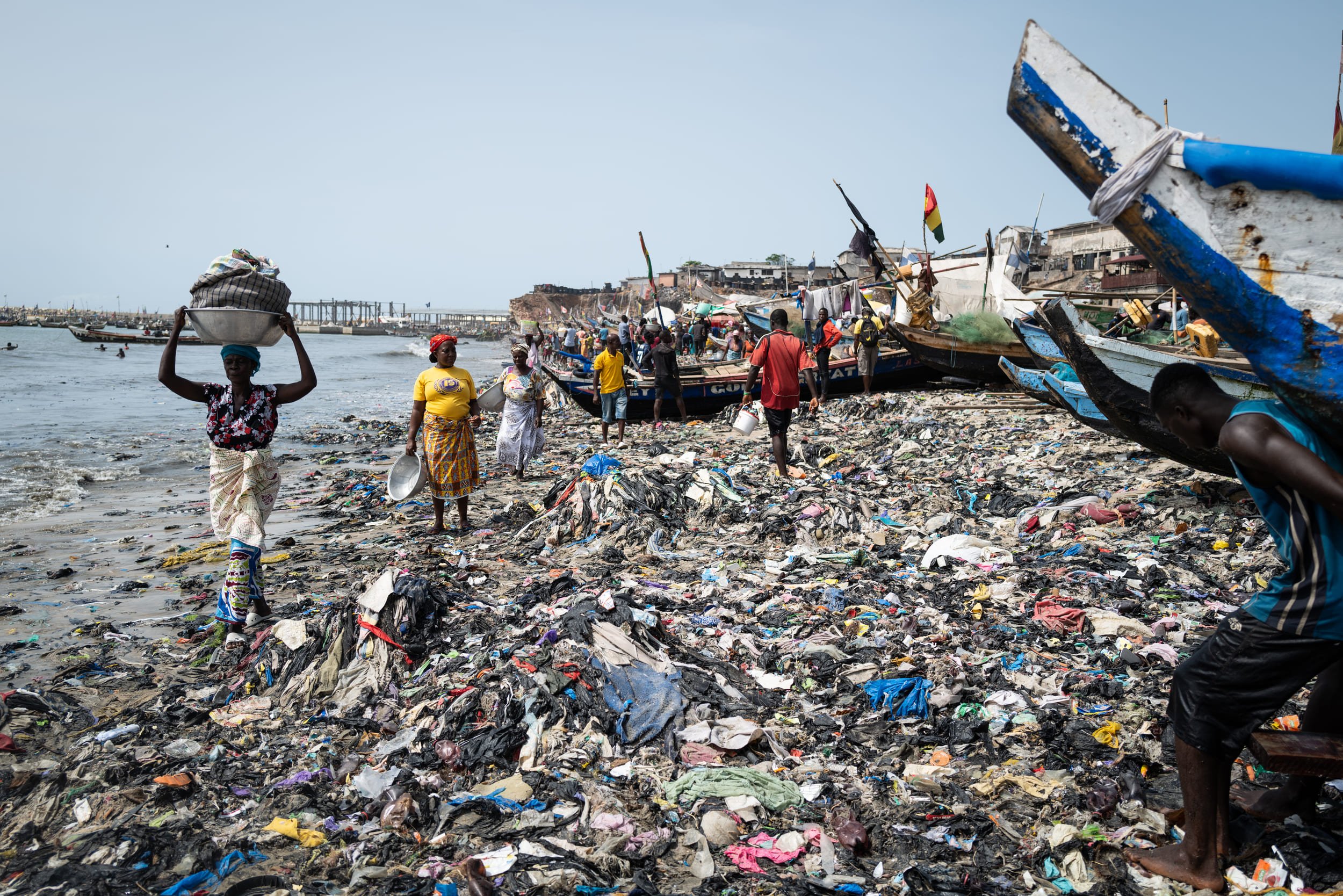
Stop Ghana From Becoming Europe’s Textile Waste Dumpsite
Enough is enough! Instead of importing the Global North’s fast-fashion waste problem let’s put African solutions first. Will you sign the petition now?
-
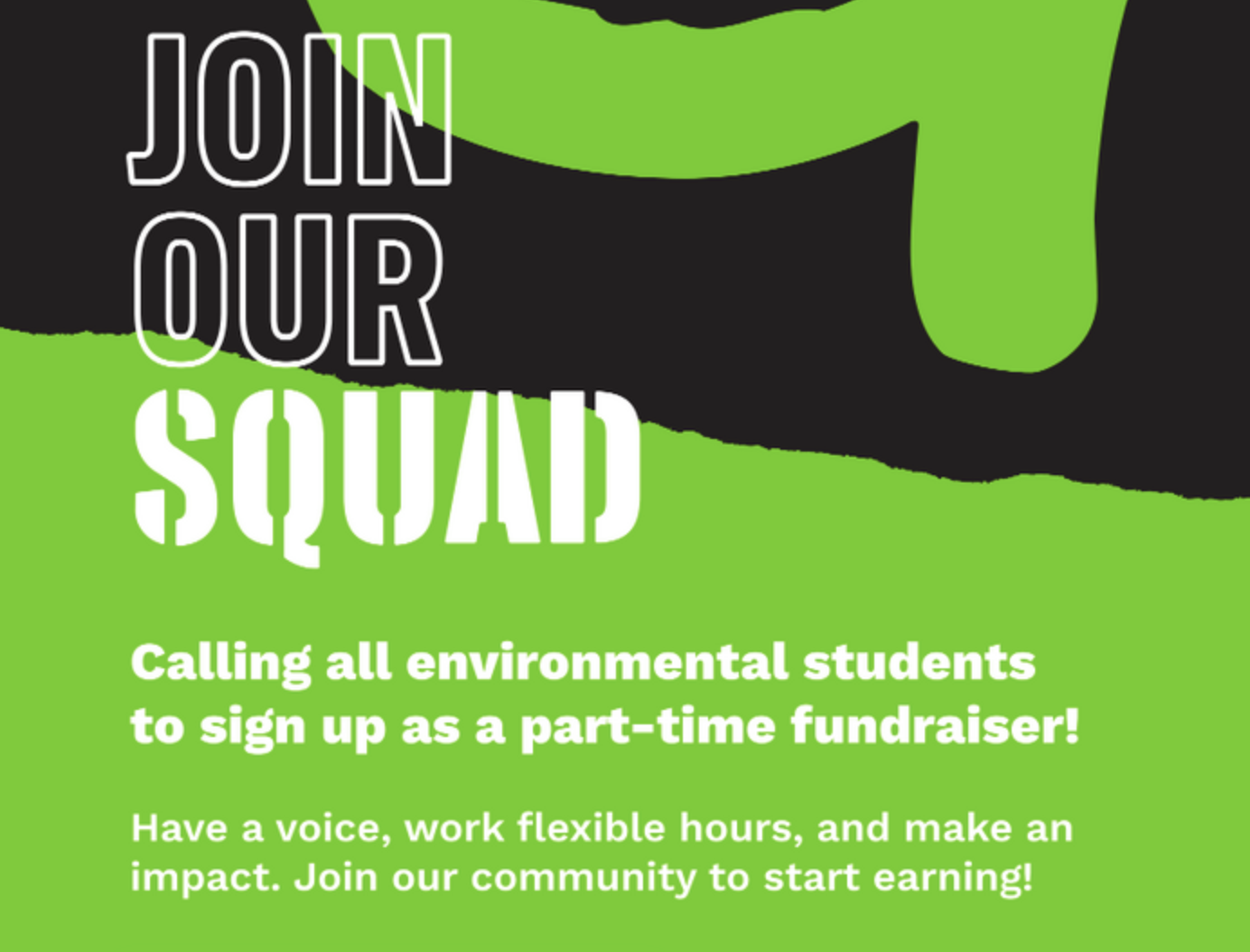
Join Our Squad
Calling all our environmental students to sign up as a part-time fundraiser!
-
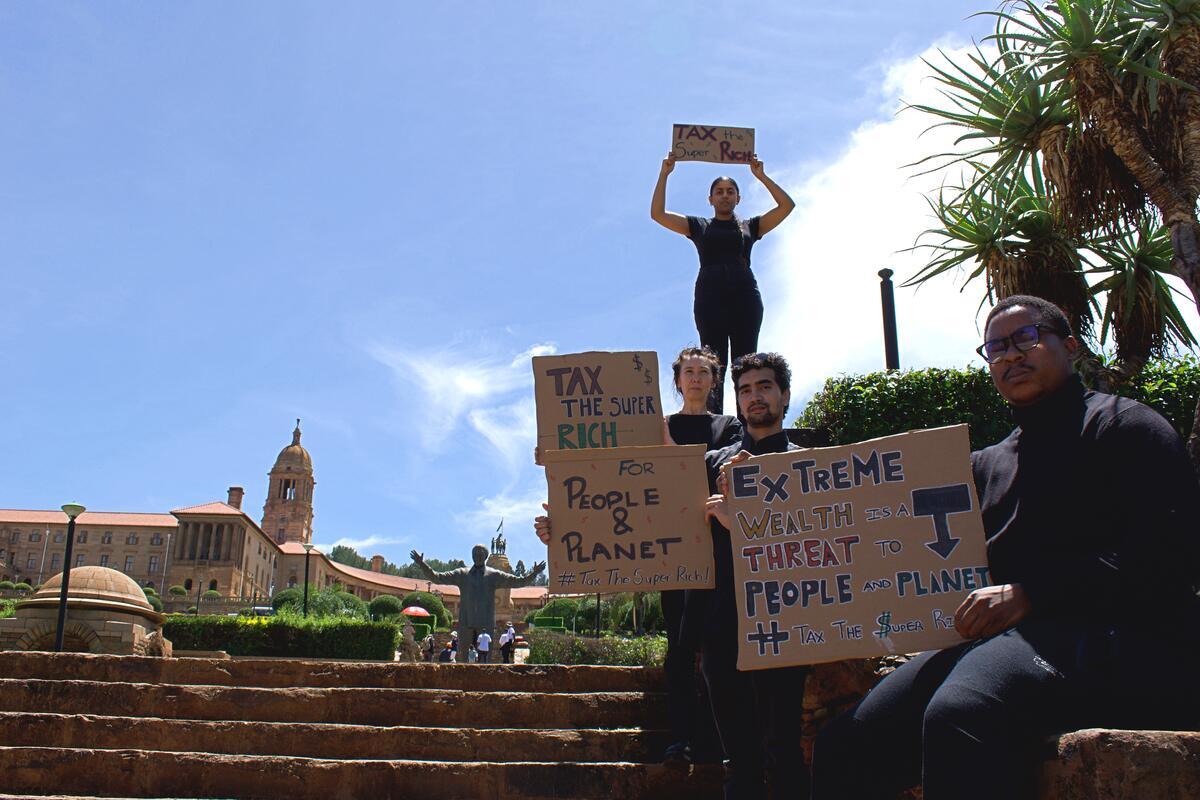
Wellbeing for All
The richest 1% have captured twice as much wealth as the 99% of the world’s population, between 2020 and 2023. The Finance Bill in Kenya would have ONLY managed to collect 2.68 billion dollars from the average person. While 480 BILLION DOLLARS are lost to tax abuse by billionaires and multinationals (including big oil corporations).
-
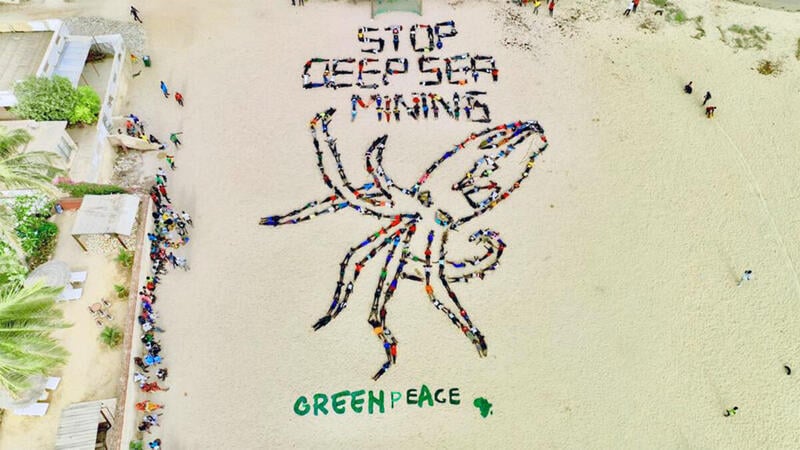
Stop Deep Sea Mining
In Africa, where biodiversity flourishes on land and in its surrounding seas, the deep sea is a treasure trove of biodiversity and home to untold wonders and possibilities. It is also one of our best allies against climate change.
-
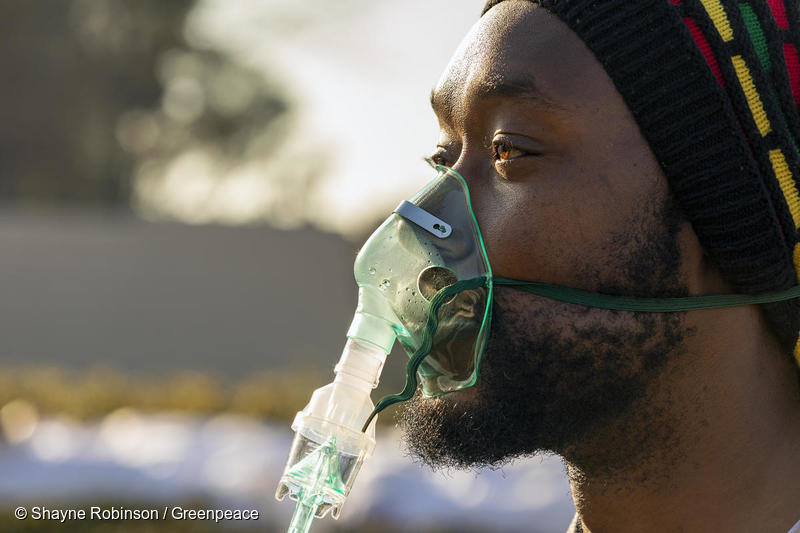
Vote for Clean Energy
Unbreathable air. Toxic water. Job insecurity. Coal plants next to residential areas. Cancer, lung disease, and Asthma. This is life in South Africa right now. WE CAN CHANGE THIS!
-
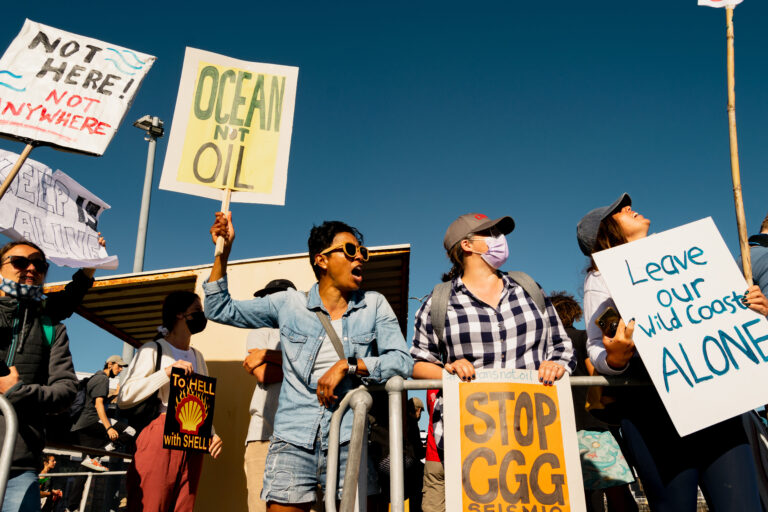
Will you help us?
We’re asking you to please help us cover the legal fees for our united court action as we work with partners and support coastal communities to try and #StopShell.
-
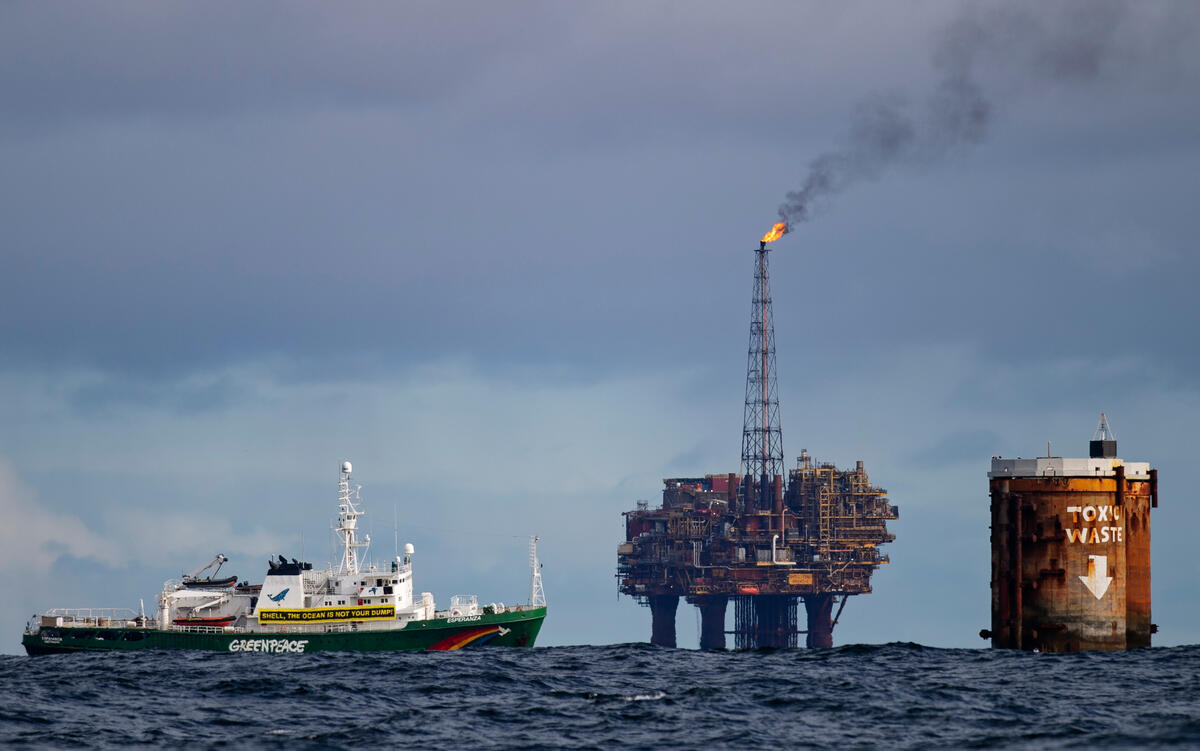
Wild Coast Updates
On Friday, 17 December, the Grahamstown High Court in Makhanda will hear arguments in application of an urgent interdict against Shell’s seismic survey along South Africa’s Wild Coast.
-
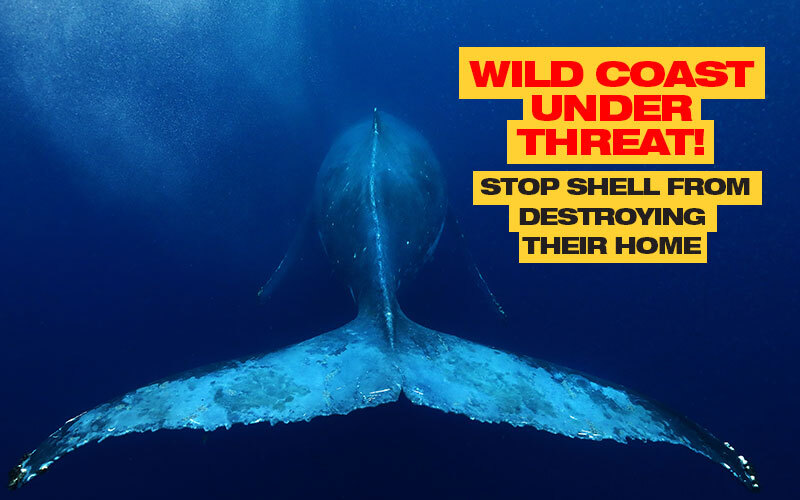
Wild Coast under threat
On the 1st of December, Royal Dutch Shell will start an oil and gas exploration project in the Wild Coast.
-
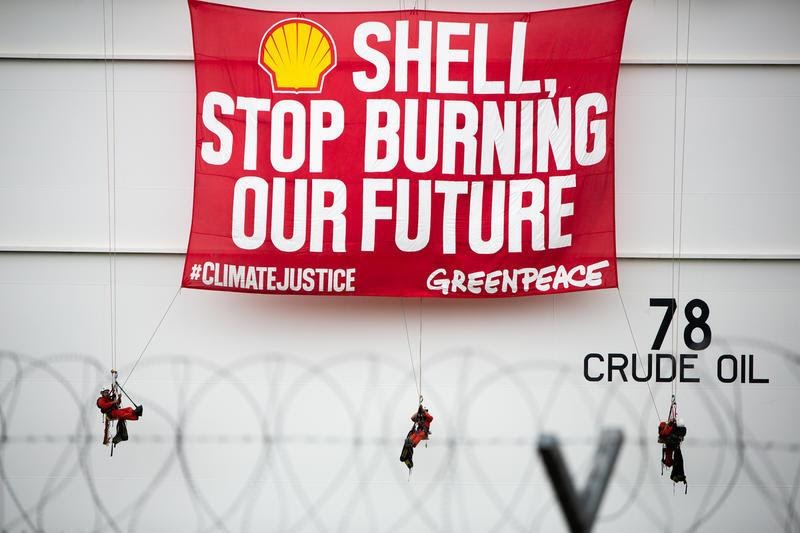
Stop Shell’s seismic blasting – News and ways to get involved
Shell plans to survey for oil and gas deposits on the South Africa Wildcoast. Join to stop them.
-
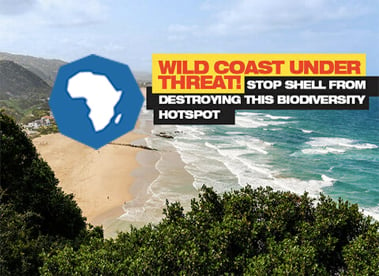
vuma.earth: stop Shell’s seismic testing off the coast of SA!
Sign the petition on vuma.earth addressed to Barbara Creecy, South Africa’s Minister Of Forests & Fisheries
-

Have your say on Mantashe’s approval for Shell’s seismic testing
Send your objection to SA’s Minister Minister of Mineral and Energy Resources (Mantashe) on dearsouthafrica.co.za to
-
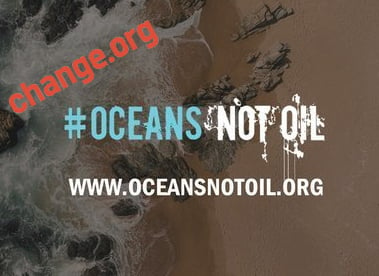
Change.org: we object to Shell and CGG seismic surveys!
Sign the petition on change.org to stop Shell plans for seismic survey in search of oil or gas deposits on December 1.
-
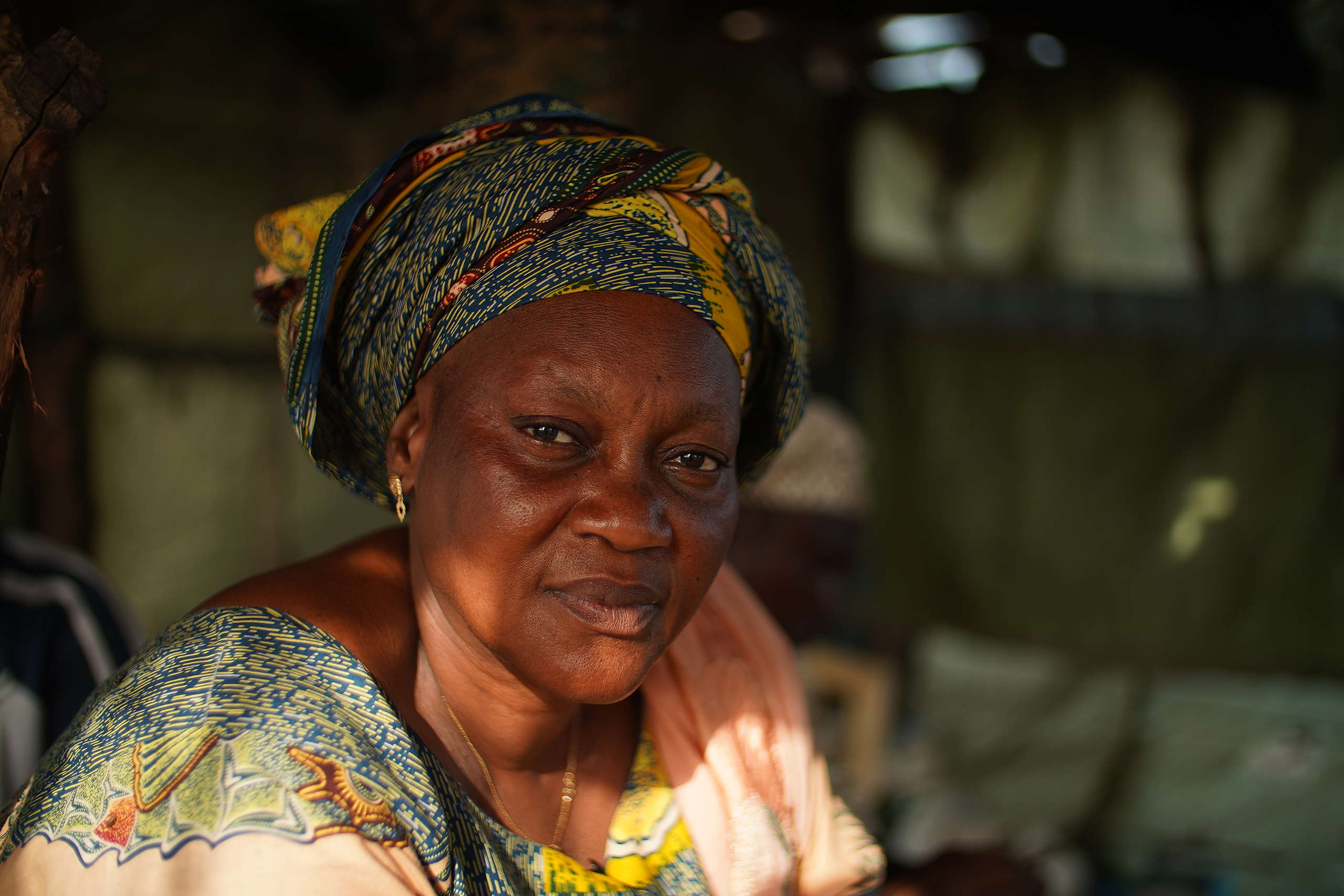
-
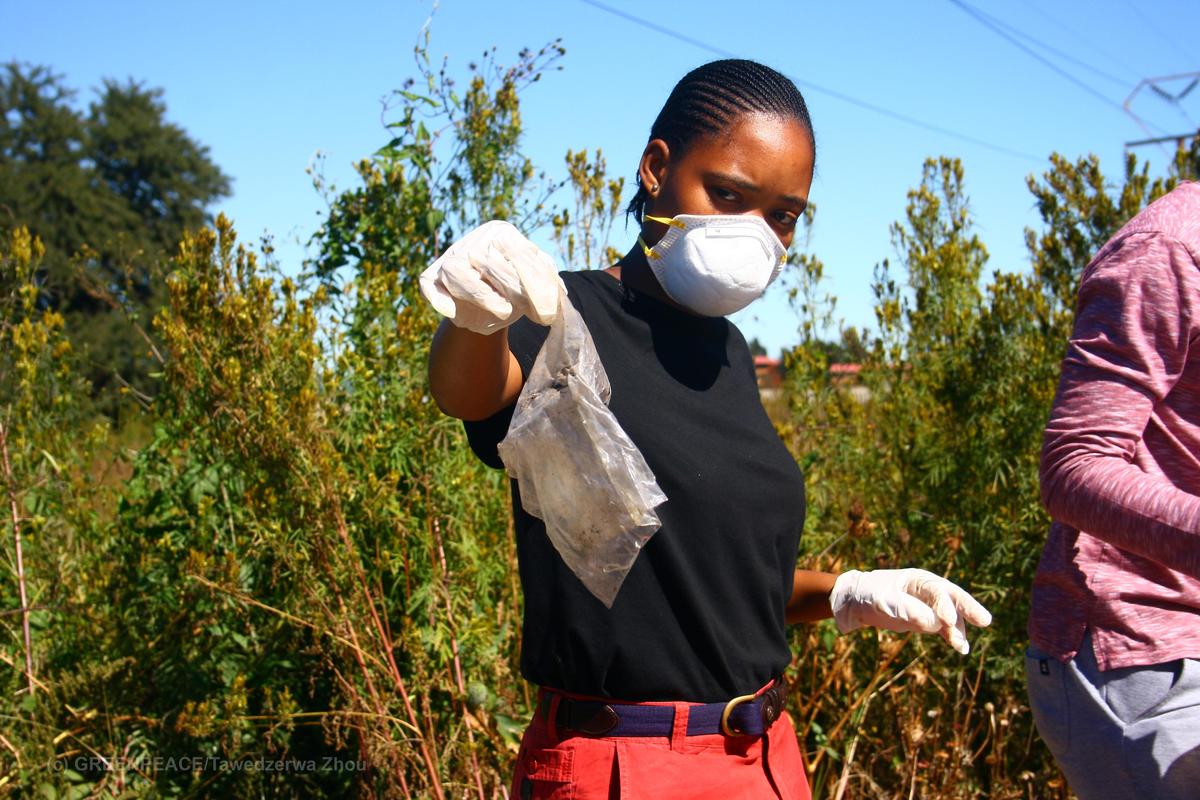
-
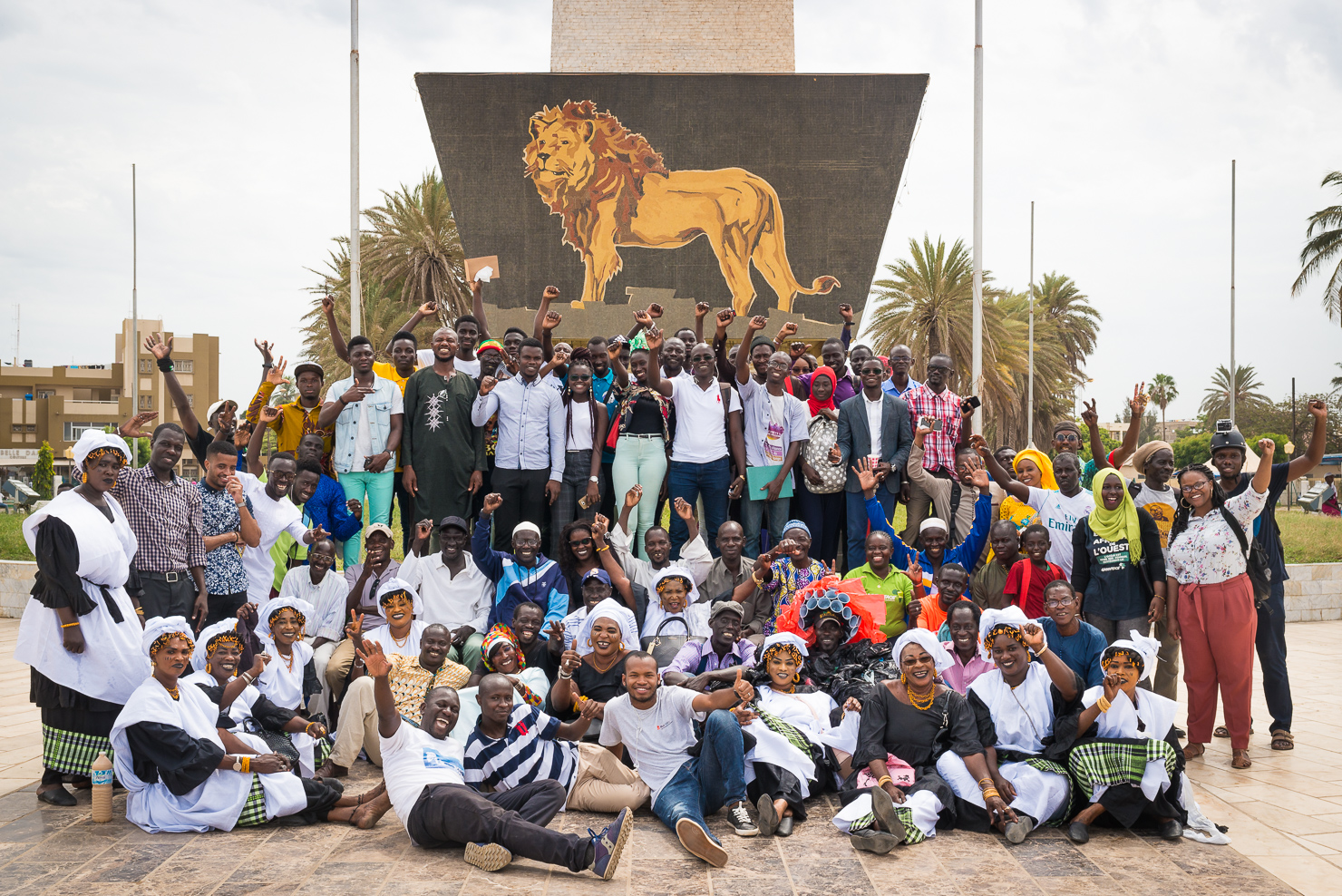
-
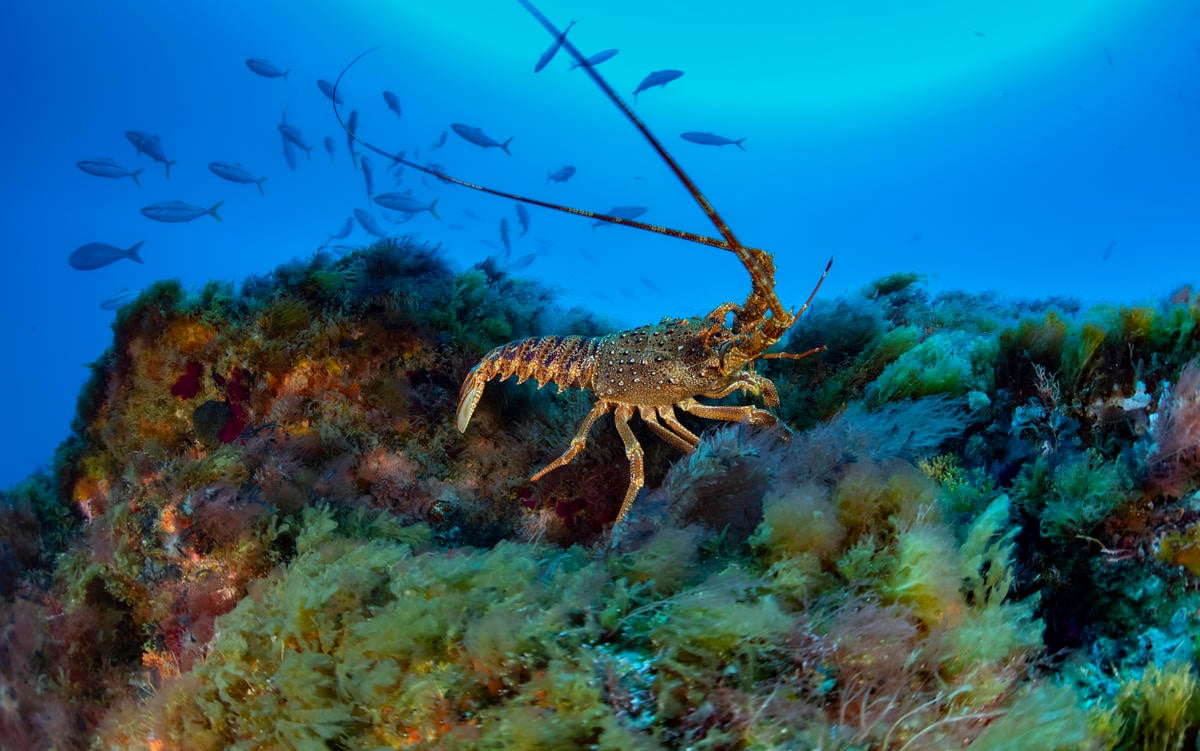
-
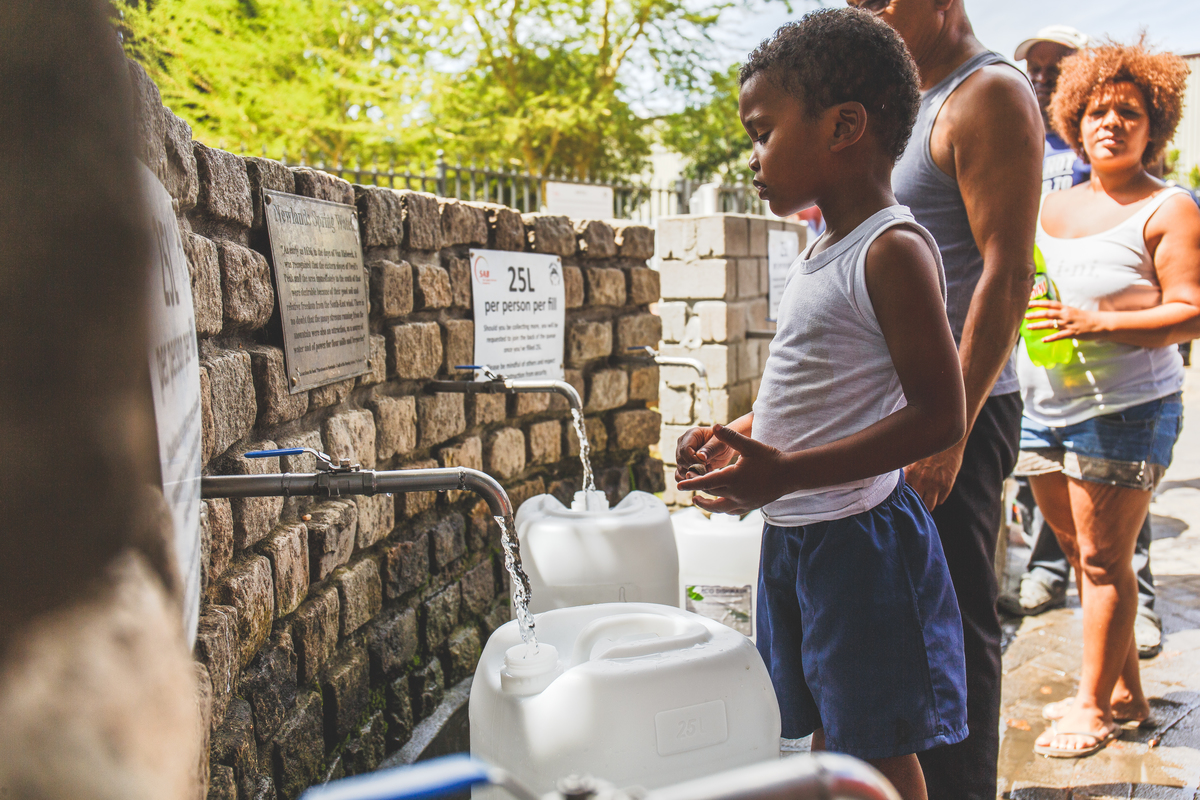
-
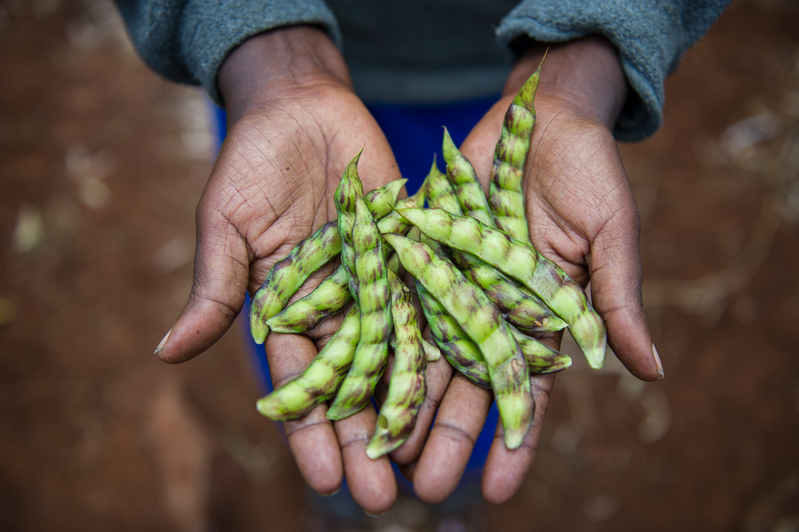
-
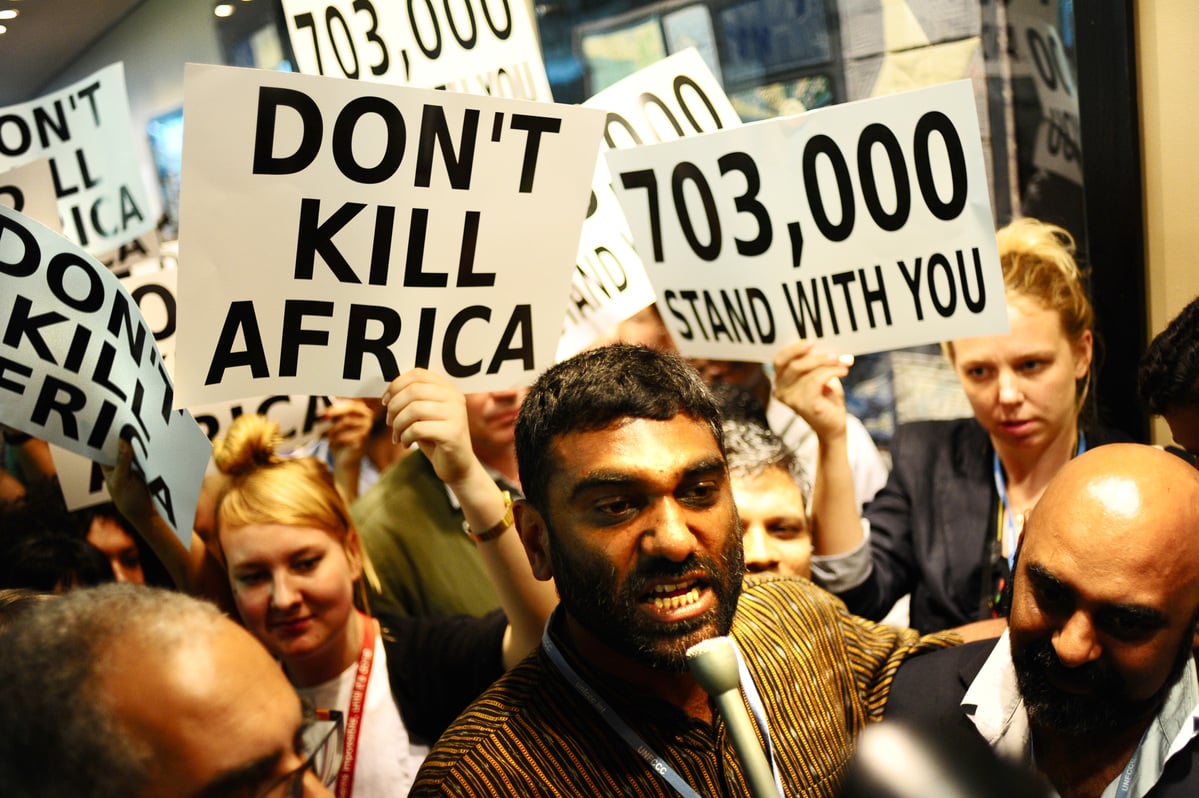
-

Volunteers
Be the Change You Want to See. Join the Movement!
-
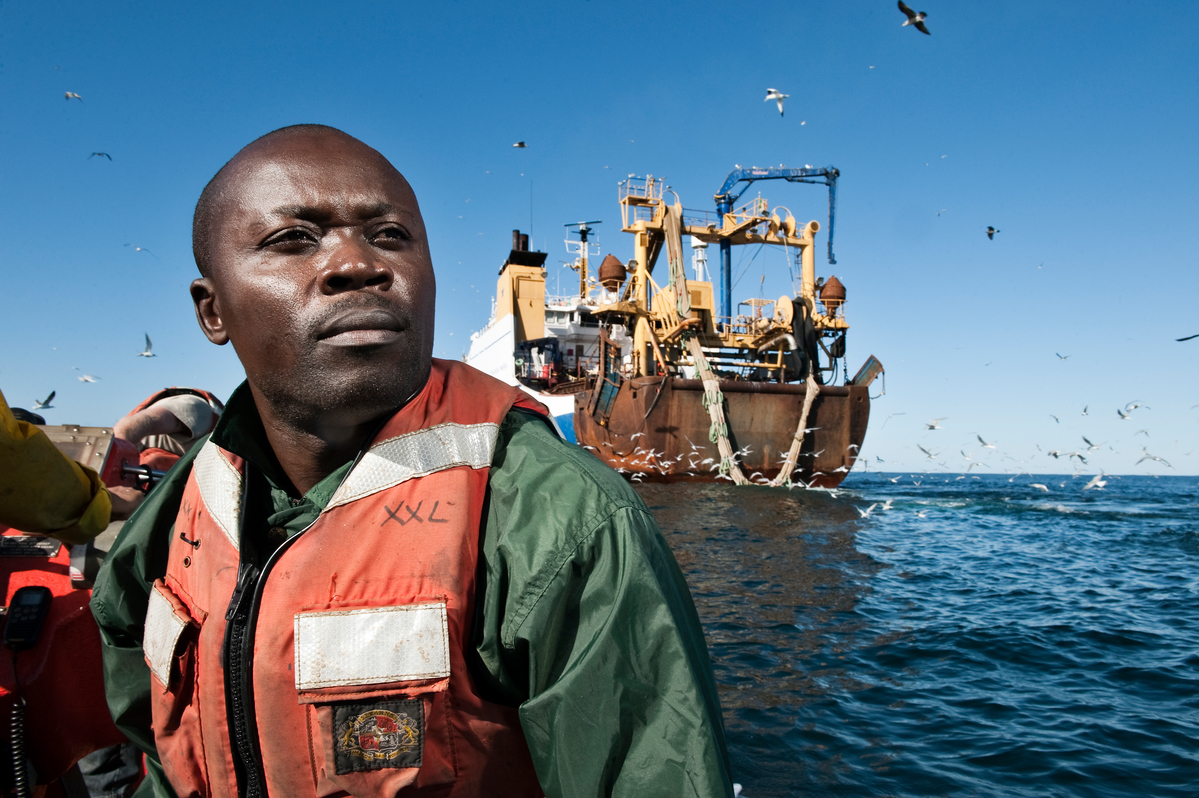
-
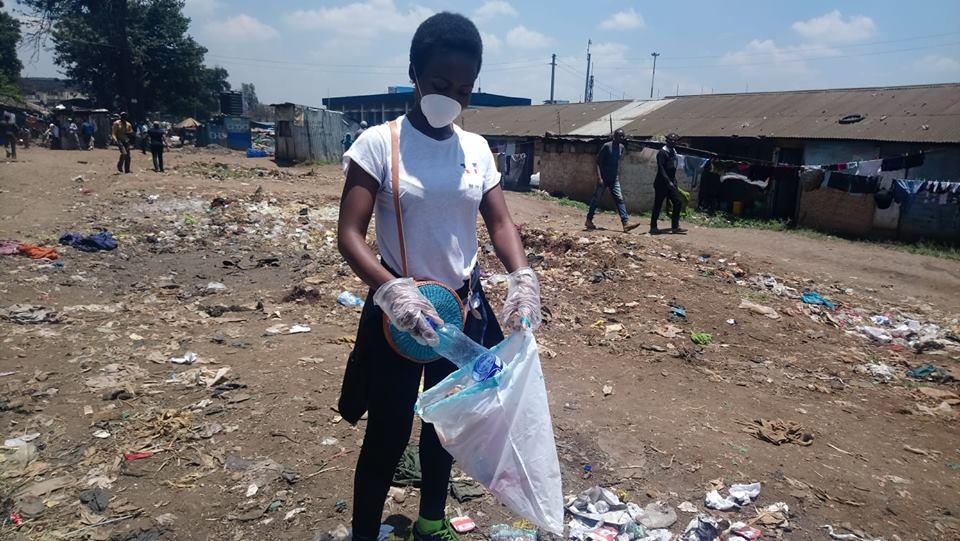
-
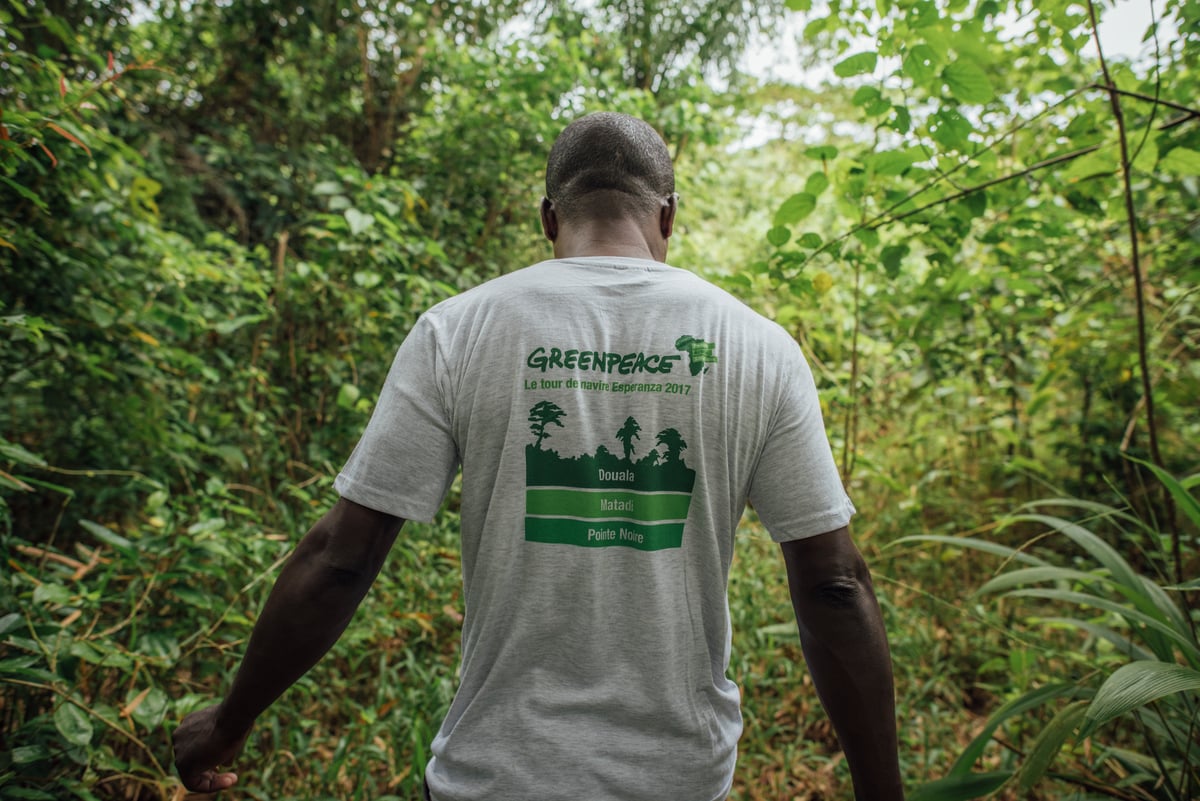
-
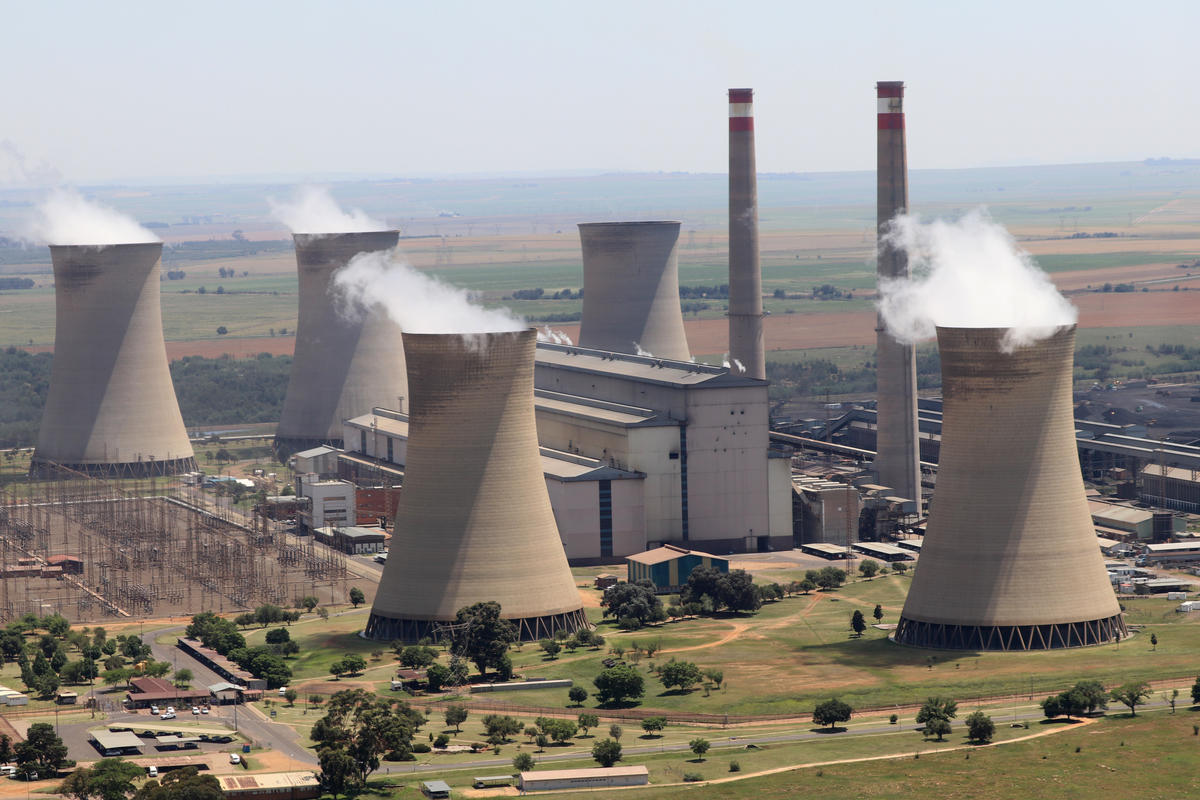
GREENPEACE AFRICA COMMENTS ON ESKOM’S PROPOSED RETAIL TARIFF RESTRUCTURE PLANS
Greenpeace Africa would like to thank the National Energy Regulator of South Africa (“Nersa”) for inviting the public to share their input on Eskom’s proposed retail tariff restructuring plan. Eskom’s proposed tariff increase has the potential to gravely impact society, standards of living, our environment and our economy.
-
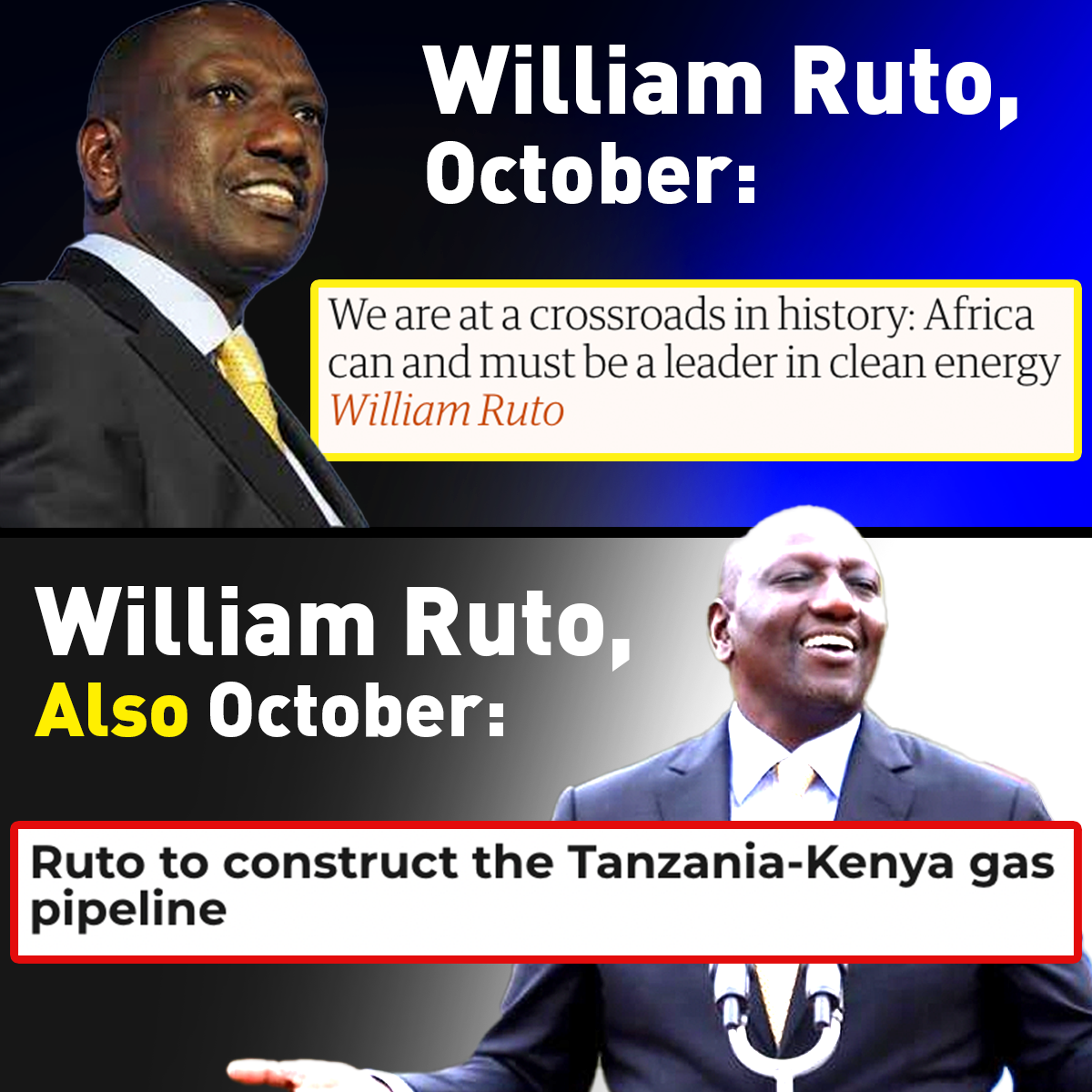
Greenpeace Africa calls for consistency in Ruto’s clean energy leadership
In a suprise turn of events, president Ruto has committed to building a natural gas pipeline from Tanzania’s main city Dar es Salaam, to Kenya’s coastal city of Mombasa and later to the capital Nairobi.
-

Kenya: Withdrawal of Finance Bill 2024 an Opportunity for an Inclusive and Sustainable Dialogue
Nairobi, Kenya, 26 June — Greenpeace Africa acknowledges President William Ruto’s decision to withdraw the Finance Bill 2024 in response to the widespread outcry from Kenyans.
-
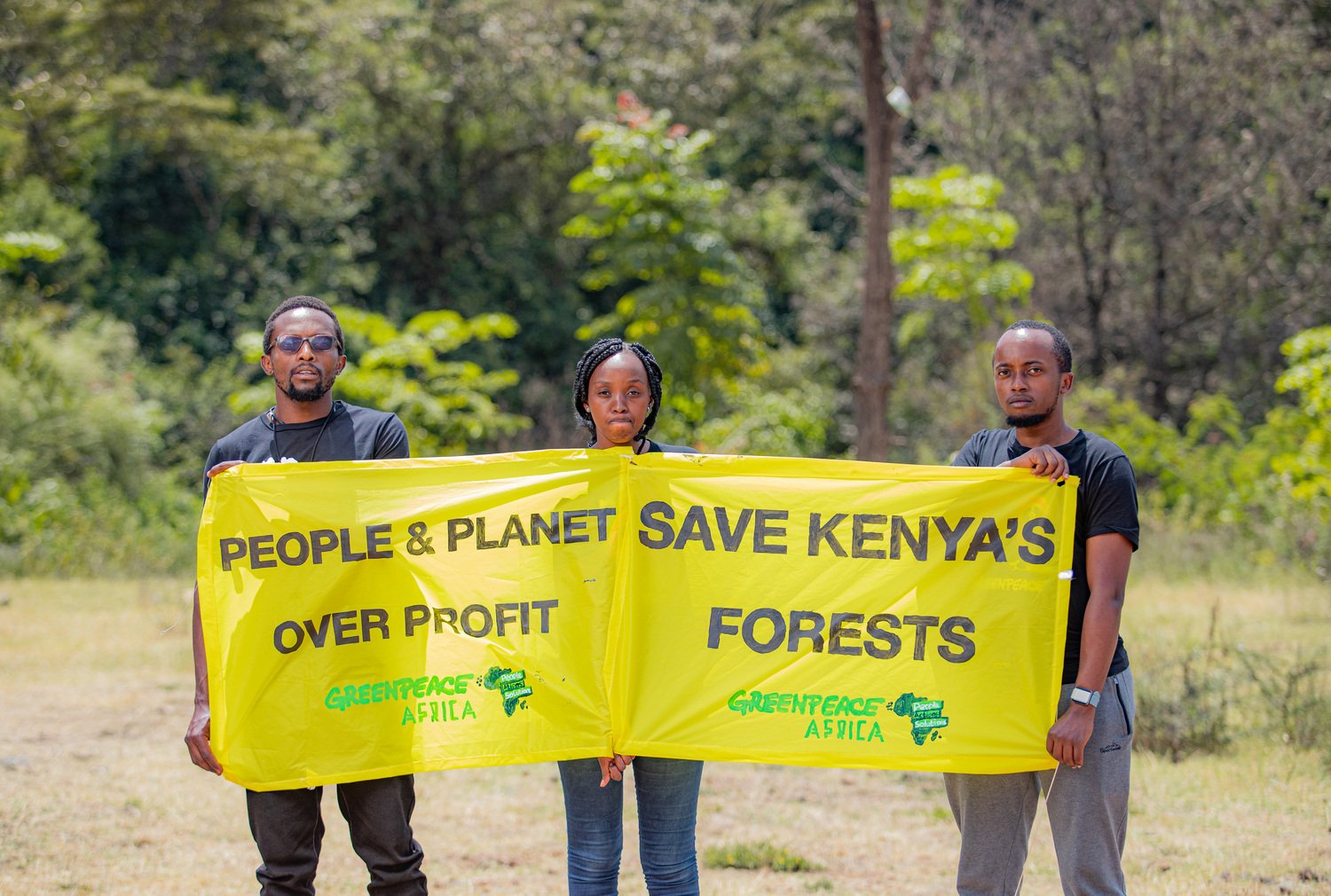
No, we cannot cut down trees for concrete. Forests must stand in a growing Nairobi.
Let’s be clear: the idea that cutting down forests is an acceptable cost of urbanization is not just outdated, it’s destructive.


